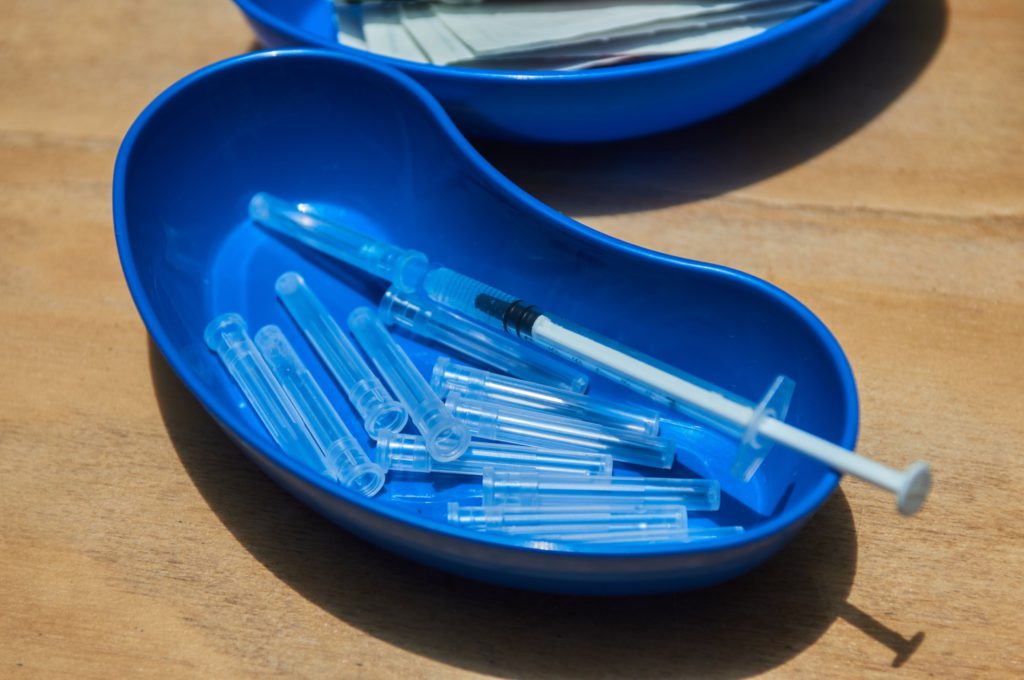(Bloomberg) — African efforts to produce Covid-19 vaccines on the continent may face a setback amid a dearth of orders for the injections.
Aspen Pharmacare Holdings Ltd. informed the Africa Centres for Disease Control and Prevention it’s concerned about a lack of requests for Covid-19 vaccines and may close that manufacturing line if nothing changes, the head of the African Union’s public health agency said.
The continent’s biggest drugmaker is making the doses on behalf of Johnson & Johnson at a plant in South Africa and in March said it agreed to make those shots under its own brand. The Durban-based company didn’t immediately respond to a request for comment.
The absence of orders comes as countries on the continent left behind in the initial global rollout now have more shots than they have been able to administer. Both Africa CDC and the World Health Organization have called for better coordination of supplies, urging donors to ensure the shots arrive well before their expiry dates so that fewer are wasted.
“African countries have been getting a lot of donated vaccines,” John Nkengasong, director of Africa CDC said at a briefing on Thursday. “But if we rely only on these, it will be very short-sighted.”
Nkengasong urged African countries to secure future health needs by supporting local companies that are making vaccines. In turn, he said these businesses must diversify the types of vaccines they make and add other treatments needed on the continent.
“History will not remember us well if we don’t,” he said.
New Covid-19 infections in Africa are at their lowest since April 2020, the WHO said in a separate statement. Still, Nkengasong urged countries to push testing as this too has dropped, even as the virus continues to circulate.
In addition, the recently identified BA.4 and BA.5 sub-lineages of the omicron variant detected in Botswana and South Africa are being researched to determine whether they are more infectious or virulent, the WHO said.
These strains have also been confirmed in Belgium, Denmark, Germany and the United Kingdom. Currently there are no significant differences seen between the new sub-lineages and known omicron variants, the WHO said.











